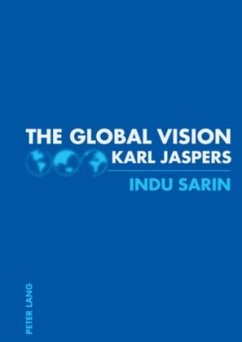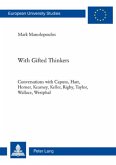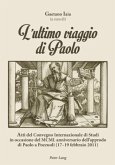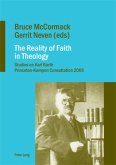Karl Jaspers is a leading thinker, a representative of German existential philosophy whose thoughts address the whole human kind. This book analyzes Jaspers' view of philosophy as existential illumination, which opens the realms of human freedom, creativity and communication.
It explores the significance as well as the limitations of scientific rationality. Jaspers' reflections on various dimensions of human condition are compared to philosophers such as Weber, Kant, Otto, Tillich, Heidegger and Hannah Arendt, as well as to the Indian thoughts present in Advaita Vedanta and Buddhism. Examining the problems of homogeneity, heterogeneity, hybridization and cultural pluralities, the author reflects on the emerging global scenario dominated by technology and on the schism between local and global.
It explores the significance as well as the limitations of scientific rationality. Jaspers' reflections on various dimensions of human condition are compared to philosophers such as Weber, Kant, Otto, Tillich, Heidegger and Hannah Arendt, as well as to the Indian thoughts present in Advaita Vedanta and Buddhism. Examining the problems of homogeneity, heterogeneity, hybridization and cultural pluralities, the author reflects on the emerging global scenario dominated by technology and on the schism between local and global.








